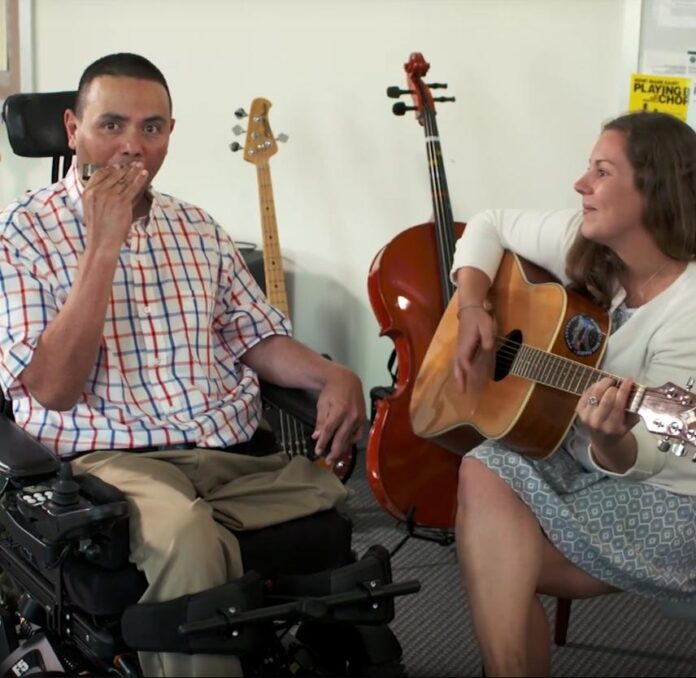Summary
Substantial scientific evidence supports how and why music therapy works, but it also can be understood intuitively. Music evokes emotions and influences mood, whether happy or sad, relaxed or pumped. Music also inspires movement: Think how a good beat can induce foot tapping or dancing.
Injured nerve pathways actually can be stimulated by music. Music also can be used to stimulate speech and facilitate cognitive function. In those with PTSD, music can arouse memories that need to be accessed and processed during the healing process. Music can help to promote movement affected by TBI.
Analysis
Music is something we find in our day-to-day life, but the power of it may go under the radar. We hear music every day, but do we know what exactly it does? Most times it is for enjoyment, sometimes when you’re sad, or when you want to feel happier. Any way you cut it, music deeply influences our emotions which I came to learn has an even deeper impact on people’s cognitive functions. I learned how beneficial music can be to those affected by PTSD, TBI, and people with cognitive functioning problems. Along with the physical help, it also helps mentally. So, it leads me to believe if there are ways music can be used on the battlefield to help calm down the injured or put them in a new world that makes them forget about their injury and/or how long it may be til they get help.




